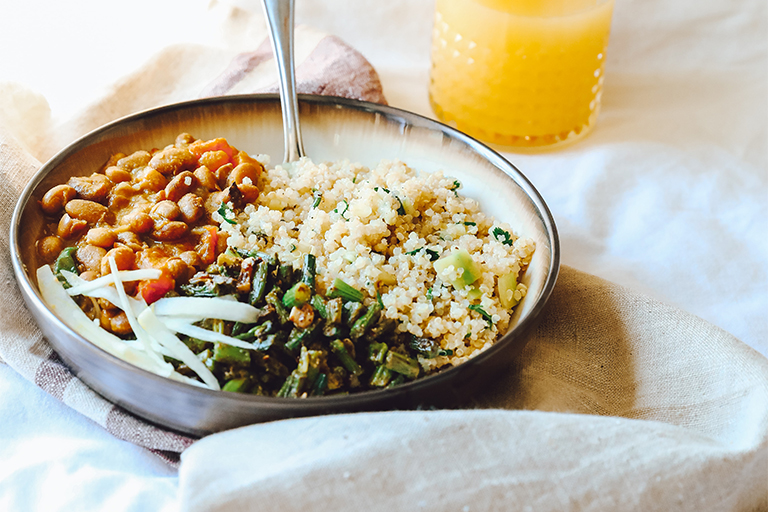
Fennel:
Enhancing Flavors in the Food Industry
Fennel, an aromatic and versatile herb with a unique anise-like flavor, plays a crucial role in the food industry. Not to mention, its highly desirable taste and culinary benefits make it invaluable. Our guide explores this ingredient enhances flavors and showcases its versatility in the food manufacturing sector. Consequently, this article provides valuable insights into the significance of fennel and serves as a valuable resource for understanding its role in the food industry.
At St. Charles Trading, we are the nation’s premier Global Supply Chain Solutions provider, specializing in food ingredient distribution. We serve as your secret ingredient that you’ll want to share with everyone. CONTACT US TO LEARN MORE about our services.
Fennel overview

Fennel, scientifically known as Foeniculum vulgare, belongs to the carrot family and is an herbaceous plant. Together with aromatic fronds, yellow flowers, and seeds, it serves as a common spice.
Additionally, the flavor is unique, with a sweet and subtly licorice-like taste. This ingredient is available in various forms, including fresh bulbs, fronds, seeds, and extracts, offering diverse culinary options. Extracts are utilized to impart sweetness and aroma to beverages like herbal teas, liqueurs, and cocktails.
Fennel can be incorporated in fresh form or used as seeds, extracts, or oils, providing a wide range of culinary possibilities. As a matter of fact, the flavor enhances both sweet and savory dishes, delivering a subtle and aromatic taste that elevates the overall culinary experience.
Versatility in Cooking
Flavorful Enhancements: Fennel’s distinct flavor enriches various dishes, adding depth and complexity. Toast the cracked or coarse fennel seeds to release their aromatic oils and provide a warm and slightly sweet taste. Additionally, the leaves, fronds, and extract contribute a refreshing anise-like essence that elevates the overall flavor of salads, soups, stews, sauces, and marinades.
Cooking: This herb pairs well with a diverse range of ingredients, making it a versatile addition to the kitchen. It complements the flavors of vegetables such as leeks, beets, and roasted root vegetables. Incorporating fennel seeds or powder into bread dough imparts a delightful aromatic touch. Fennel fronds and leaves serve as visually appealing garnishes for dishes.
Nutritional Value: Along with its flavorful properties, fennel is a nutritious ingredient. It is low in calories and rich in fiber, vitamins C and K, potassium, and manganese. Adding fennel to recipes not only enhances flavor but also provides health benefits. It contributes a refreshing crunch and aromatic flavor to salads. Thinly sliced fennel bulbs can be combined with greens like arugula or mixed with beets and citrus fruits for a vibrant and refreshing salad. Chopped fennel fronds work well as garnishes or can be added to herbaceous dressings and vinaigrettes.
Ready to talk?
Are you looking for spec sheets, samples or prices? We would love to chat about how we can help.
Learn more about fennel
